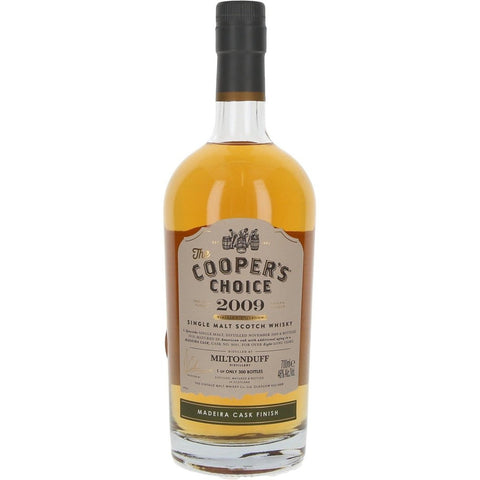Independent whisky bottlers are flourishing, but with more labels on shelves than distilleries, you may ask, who are they and what do they want with our precious whisky? Often referred to as Indie bottlers, they are brokers, nay, curators of our beloved drink. They make their business by buying whisky straight from distilleries and then selling it to us, the thirsty consumer. What is the point of this I hear you ask? Well, independent bottlers infuse their creativity into the whisky they sell, searching for the very best firewater on offer and often putting their own spin on it by blending, maturing and finishing the spirit in a number of creative ways.
Traditionally, whisky is bottled at the source, a practice termed ‘official bottling.’ With this technique, alcohol comes straight from the distillery and is released under that brand name such as Laphroaig or Balvenie. Independent bottlers were not traditionally in the business of distilling (although this has changed in recent years) – preferring instead to buy casks from established brands, usually to create something new. When they first started, independent bottlers were blenders, sometimes snapping up excess or unwanted casks which did not fit the brand a distillery had built up. Slowly, bottlers expanded their identity with brands such as Macallan, Cadenhead, Glenlivet and Glenmorangie leading the way. Nowadays, different bottlers approach the whisky in their individual way. Some, like Gordon and Macphail, buy new-make alcohol and mature it themselves in their personal warehouse. Others buy it once it has fully matured and finished off the whisky to add layers of flavour and complexity using imaginative techniques such as using an ex-gin cask – well done Scotch Malt Whisky Society for that genius idea! Others, like Douglas Laing, like to keep their whisky as close to what is in the casks, and pride themselves on presenting their whisky ‘as the distiller intended,’ sometimes bottling the alcohol without bringing down the ABV to a friendlier more approachable level as is usually done in ‘official bottling.’
What makes independently bottled whisky so attractive is that the original whisky bought from the distilleries tends to be bought in smaller batches, sometimes as small as one single cask. Luckily for us, independent bottlers make these otherwise exclusive and elusive drams more affordable and accessible, saving us the hike to distant distilleries to get it. Often, they are able to provide different ages and strengths from what is available straight from the distillery itself due to the small nature of the batches.
Where some bottlers reference the original distillery on the bottle, others choose to keep the location close to their chest. This is also sometimes done at the bequest of the whisky distiller as some do not want to be associated with independent bottlers as they are unable to regulate the quality of the whisky sold. In fact, some distilleries are so desperate to keep third-party buyers from naming the distillery on the bottle that they add a small drop of a different whisky to their well-known single malts – a technique called ‘teaspooning.’ In this case, it is usually still possible to deduce the original location from a two-number reference system wherein the first number discloses the distillery.
As the popularity of malt whisky has grown, so has the independent bottling trade. This is not all good news for the middle man though as distilleries are also now more keen than ever to keep their products for themselves, making it more difficult to come upon as many quality casks. Additionally, there are now far more independently bottled whiskies than ever and some bottlers are feeling the heat. This has led big names like Ian Macleod and Signatory to expand their business and snap up distilleries, such as Glengoyne and Edradour.
The joy of independent bottlers is their freedom to exercise creativity. They can choose from casks no longer wanted by the distillery, which gives us the chance to sample a greater range of top-tier whiskies at a more affordable price. As a result, brands are able to concentrate on catering to a certain niche. The new kid on the block, DS Tayman have established a niche for them selves - their drams are all 12 year old, single cask, finished in wine and, the best bit, just fifty quid!
It is undeniable that through their ingenuity, independent bottlers have upped the whisky game, keeping it fresh, and bringing new players to the table.
See our range of indie bottles here









Leave a comment